Benefits Of Blue Cheese: Types & Nutrition Facts
Delicious and nutritious, this flavorful, creamy cheese is a must-have for your diet.

Image: ShutterStock
Blue cheese is one of the types of cheese known for its pungent smell and tangy flavo. Originally from France, blue cheese is made from the Penicillium Roqueforti bacterium, which gives it the characteristic blue spots and veins. Rich in calcium and several other minerals, blue cheese benefits your health in many ways, making it a necessary addition to your diet. In this article, we take a look at some of the benefits of blue cheese and its nutritional value.
 Know Your Ingredient: Blue Cheese
Know Your Ingredient: Blue CheeseWhat Is It?
One of the types of cheese known for its pungent smell and tangy flavor.
What Are Its Benefits?
May enhance memory, boost immunity, and improve heart health.
Who Can Consume It?
It is safe to consume in moderation for all adults except people taking medications such as anti-depressants, anti-Parkinson’s, and antibiotics.
How Often?
It can be consumed daily in moderation.
Caution
Avoid consuming blue cheese if you are prone to headache or migraine.
In This Article
What Is Blue Cheese?
As the name suggests, blue cheese is a blue-green colored mold cheese. The blue molds present in the veins of cheese are because of the presence of bacteria that start aging, thereby imparting the cheese its characteristic blue shade (1). The presence of gut-friendly bacteria makes it one of the natural probiotics like yogurt, which is considered good for digestive health.
There are various types of blue cheese, such as Roquefort, Danablu, Gorgonzola and Blue Stilton. It is low in calories and is full of nutrients that are essential for our body. Cheese pairing is common, as is eating it as an appetizer, snack option or using it as a salad topping.
 Trivia
TriviaThere are different types of blue cheese you can include in your diet. Learn more about them in the next section.
Key Takeaways
- Blue cheese is renowned for its strong aroma and tart flavor is blue cheese.
- Due to its high calcium content, blue cheese may help reduce arthritis pain, and joint inflammation, and prevent diseases like osteoporosis.
- It may improve memory and fight memory problems.
- Those who are lactose intolerant benefit from its ability to maintain strong bones and teeth.
- Blue cheese may help strengthen the immune system as it consists of vitamins and minerals
Types Of Blue Cheese
- Roquefort: It is an French blue cheese made from raw sheep’s milk and has a strong, tangy flavor. It pairs well with pears, walnuts, and honey for a sweet and savory contrast.
- Gorgonzola: It is an Italian cheese made from cow’s milk and has a distinct blue-green marbling with a rich, creamy texture. It works great with figs, prosciutto, or in a creamy pasta sauce.
- Stilton: This is a classic English blue cheese made from cow’s milk that is rich and crumbly with a sharp, earthy flavor. It is delicious with apples, crusty bread, or a glass of port wine.
- Danish Blue: The Danish cheese is made from cow’s milk and has a mild bitter taste and a creamy texture. It pairs well with crackers, smoked salmon, or green apple slices.
- Cabrales: Spanish blue cheese made from cow, sheep, and/or goat’s milk that has a strong, piquant flavor with a crumbly texture. It goes great with red wine, grilled meats, or a drizzle of balsamic vinegar.
Blue cheese can improve your health in various ways. Find out more in the next section.
Benefits Of Blue Cheese
So, is blue cheese good for you? As stated above, blue cheese can be beneficial for our health in several ways. Below are 10 benefits of blue cheese. Check them out!
1. May Promote Heart Health

Addition of blue cheese in your diet may help in lowering the risk of cardiovascular diseases. Studies have shown that people who consume blue cheese regularly have a lower risk of contracting cardiovascular diseases than their counterparts who do not consume it. Blue cheese lowers cholesterol levels and prevents arterial inflammation and and blood clotting in veins or arteries (2) .
2. Fights Arthritis
As we start aging, more health issues are experienced by us, arthritis being one of them. Blue cheese possesses anti-inflammatory properties that may help in reducing joint inflammation and relieving arthritis pain (2). Addition of blue cheese in your diet plan lowers the risk of arthritis and also helps in combating it.
3. May Help Prevent Osteoporosis

Osteoporosis is a condition when bones become so weak that they may tend to fracture even by a mild fall. It is more common in women than men. For healthy eating, you can include blue cheese in your diet as it is a very good source of calcium that is important for bone health. One ounce of blue cheese has about 150 milligrams of calcium. Thus, consumption of blue cheese paired with foods rich in calcium and vitamin D can make your bones healthy and possibly prevent diseases like osteoporosis (3).
4. May Enhance Memory

Blue cheese may help in enhancing memory and fight memory problems. A 2018 study has shown that the peptides, fatty acids, and lactic acid bacteria present in fermented dairy products may help improve cognitive function and (4). So start adding blue cheese to your kids’ diet to improve his memory!
5. Is A Good Source Of Phosphorus
Blue cheese is a very good source of phosphorus (5). This mineral is very important for healthy bones and teeth. Deficiency of phosphorus can lead to bone related problems like rickets. Apart from healthy bones and teeth, phosphorus also performs many vital functions in the body.
6. Contains Milk Protein
Blue cheese contains milk protein, so those who can’t drink milk directly due to lactose sensitivity can go for blue cheese to get the required protein (5). However, please note that blue cheese is not completely lactose-free, just low in lactose.
7. Promotes Dental Health

One of the less talked about benefits of blue cheese. Blue cheese is dental friendly. Presence of a good amount of calcium makes it good for your teeth (5). Consumption of blue cheese helps in preventing and fighting plaque and tooth decay.
8. Boosts Immune System
Studies have shown that blue cheese consumption boosts the immune system.
Blue cheese can provide a number of essential vitamins and minerals, including potassium, sodium, zinc, vitamin A, vitamin D, vitamin K2 and antioxidant (4). In other words, it plays an important role in preventing diseases by providing us with a strong immune system.
9. Anti-Cellulite

Blue cheese contains anti-cellulite properties. Thus, it prevents fats from accumulating in the form of cellulitis, thus helping in weight management.
10. Anti-Inflammatory
Inflammation is a major problem plaguing most of us today, and if ignored, can turn serious and even fatal
. Blue cheese has got anti-inflammatory properties. Thus, it helps in fighting various inflammatory problems in our body (2). Hence, include this highly beneficial gourmet cheese in your diet today and say goodbye to inflammation!
 Quick Tip
Quick TipSo, this was about the amazing health benefits of blue cheese. Now let’s look into the nutritional value of blue cheese.
Blue Cheese Nutrition Facts (amount per 28 gm)
The nutritional breakdown for 1 ounce (28 grams) of blue cheese, according to the U.S. Department Of Agriculture (USDA), is given below (5):
- Calories: 100
- Fat: 8.14 g
- Carbohydrates: 0.663 g
- Cholesterol: 21.3 mg
- Protein: 6.07 g
- Fiber: 0 g
- Sugars: 0 g
- Sodium: 326 mg
- Calcium: 150 mg
- Sodium: 326 mg
- Phosphorous: 110 mg
- Potassium: 72.6 mg
To avail these nutritions and benefits, you can include it into your diet in several ways. Read on to know more.
Culinary Uses Of Blue Cheese
- Crumble blue cheese over salads for added flavor.
- Melt it into sauces for a creamy, rich base.
- Pair it with fruits like pears and apples.
- Enjoy it by adding it to burgers, pizzas, or sandwiches.
- Add it to mashed potatoes or pasta dishes for extra flavor.
A little blue cheese can enhance the taste of many meals. Experiment with it in different dishes and see for yourself based on your liking.
However, you should be careful before consuming blue cheese as it might not be safe for all. Keep reading to know more.
Safety And Allergies
Blue cheese may not be safe for everyone, especially for people with certain allergies. It contains mold, which can trigger allergic reactions in some individuals. If you are allergic to mold or have a sensitivity to dairy products, it’s best to avoid blue cheese.
For pregnant women, blue cheese made from unpasteurized milk is generally not recommended because it can carry a risk of foodborne illnesses, like listeriosis, which can be harmful during pregnancy (6). However, pasteurized blue cheese is less likely to carry this risk. If you are pregnant, it is best to check whether the blue cheese you consume is made from pasteurized milk or consult a healthcare professional for advice.
Infographic: Top 4 Benefits Of Blue Cheese For Your Bones And Teeth
Although blue cheese is revered for its characteristic flavor and aroma, its nutritional value can also make it the star of the show. Blue cheese, just like any other dairy product, is packed with calcium which makes it beneficial for those looking for healthy, natural options to boost their bone health.
Check out the infographic below to learn more about the health benefits of cheese for your bones and teeth as well.
Some thing wrong with infographic shortcode. please verify shortcode syntaxBlue cheese is a pungent, tangy, creamy dairy product popular in many cuisines. A native of France, it is packed with vitamins, minerals, and fats that promote health. Blue cheese benefits health in many ways. It promotes heart, bone, and dental health. It may help boost the immune system, relieve arthritis pain, and reduce inflammation. It is good for your cognitive function as well. So, enjoy the savory flavor packed with healthy cheese nutrition. However, excess intake may cause allergies or lactose intolerance. You should limit its use and consult a doctor if you experience any adverse reactions.
Frequently Asked Questions
Is blue cheese harmful?
Blue cheese is safe to consume. However, consuming spoiled blue cheese or its overconsumption may lead to food poisoning or other health complications.
Is blue cheese a natural antibiotic?
No. Even though blue cheese contains antimicrobial compounds, it does not contain antibiotics that can be used medically (2).
Does blue cheese help gut bacteria?
Maybe. Even though blue cheese is a fermented product that may contain live microbes, research on its ability to help gut bacteria is lacking (7).
Is blue cheese good for high blood pressure?
Maybe not. While the role of dairy product consumption on the risk of hypertension is not established yet, blue cheese has high sodium levels that may be detrimental to people with high blood pressure (8),(9).
Does blue cheese have penicillin?
No. The antibiotic penicillin is derived from a fungus called Penicillium chrysogenum. Blue cheese is made with a different strain (P. roqueforti).
Illustration: Amazing Health Benefits Of Blue Cheese
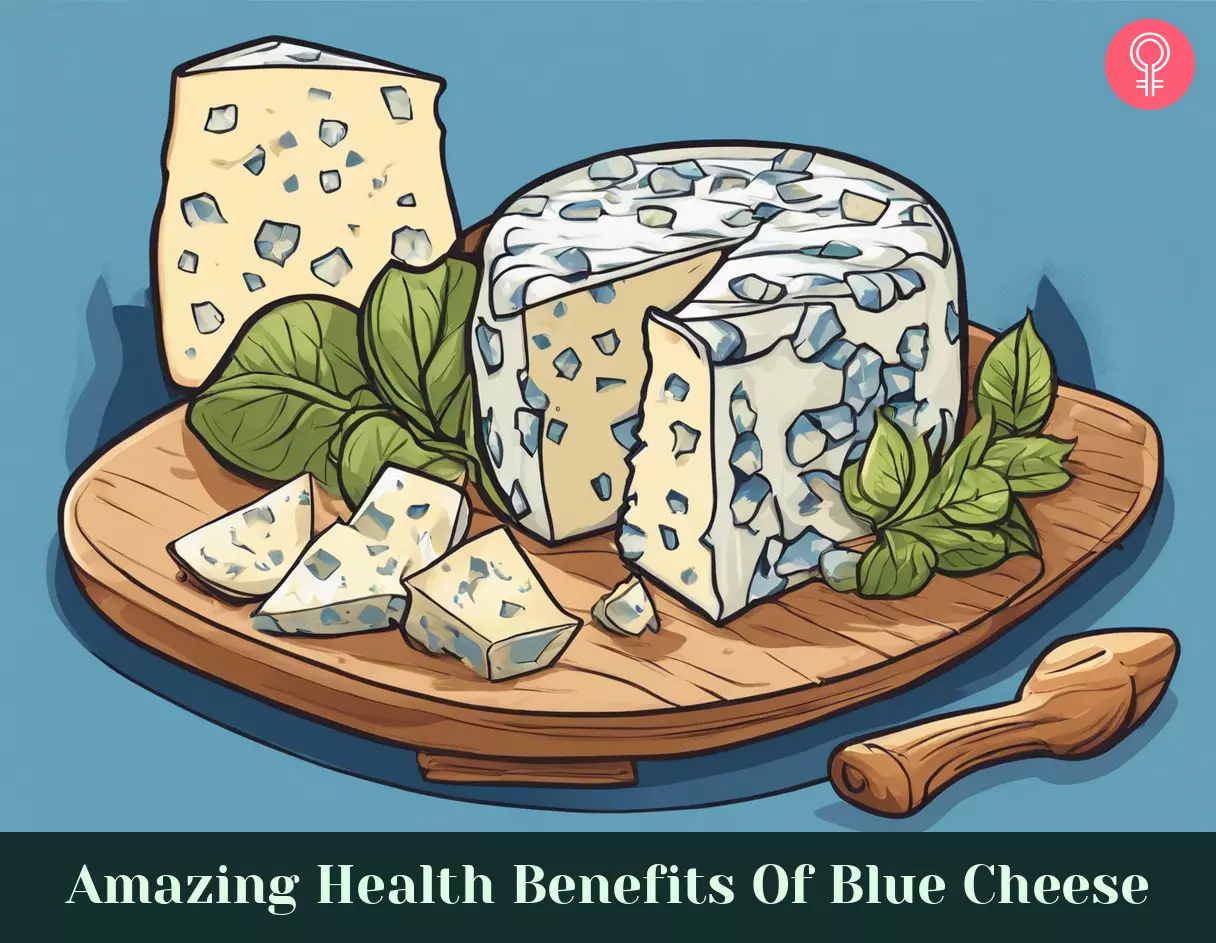
Image: Stable Diffusion/StyleCraze Design Team
Curious about the benefits of blue cheese? Check out this video to explore the nutritional advantages and unique flavors of this delectable cheese variety.
References
Articles on StyleCraze are backed by verified information from peer-reviewed and academic research papers, reputed organizations, research institutions, and medical associations to ensure accuracy and relevance. Read our editorial policy to learn more.
- FAQ: Microbes Make the Cheese
https://www.ncbi.nlm.nih.gov/books/NBK562892/ - Roquefort Cheese Proteins Inhibit Chlamydia pneumoniae Propagation and LPS-Induced Leukocyte Migration
https://www.ncbi.nlm.nih.gov/pmc/articles/PMC3655667/ - Healthy bones – Activity and nutrition
https://www.ncbi.nlm.nih.gov/pmc/articles/PMC2795621/ - Preventive Effects of Dairy Products on Dementia and the Underlying Mechanisms
https://www.ncbi.nlm.nih.gov/pmc/articles/PMC6073537/ - Cheese, blue
https://fdc.nal.usda.gov/fdc-app.html#/food-details/172175/nutrients - Listeriosis associated with gorgonzola (Italian blue-veined cheese)
https://pubmed.ncbi.nlm.nih.gov/16761945/ - Fermented Foods, Health and the Gut Microbiome
https://www.ncbi.nlm.nih.gov/pmc/articles/PMC9003261/ - Dairy product consumption and hypertension risk in a prospective French cohort of women
https://www.ncbi.nlm.nih.gov/pmc/articles/PMC7003316/ - Cross-sectional survey of salt content in cheese: a major contributor to salt intake in the UK
https://www.ncbi.nlm.nih.gov/pmc/articles/PMC4139634/
Read full bio of Gabrielle Kane
Read full bio of Tanya Choudhary
Read full bio of Ravi Teja Tadimalla
Read full bio of Moksha Gandhi




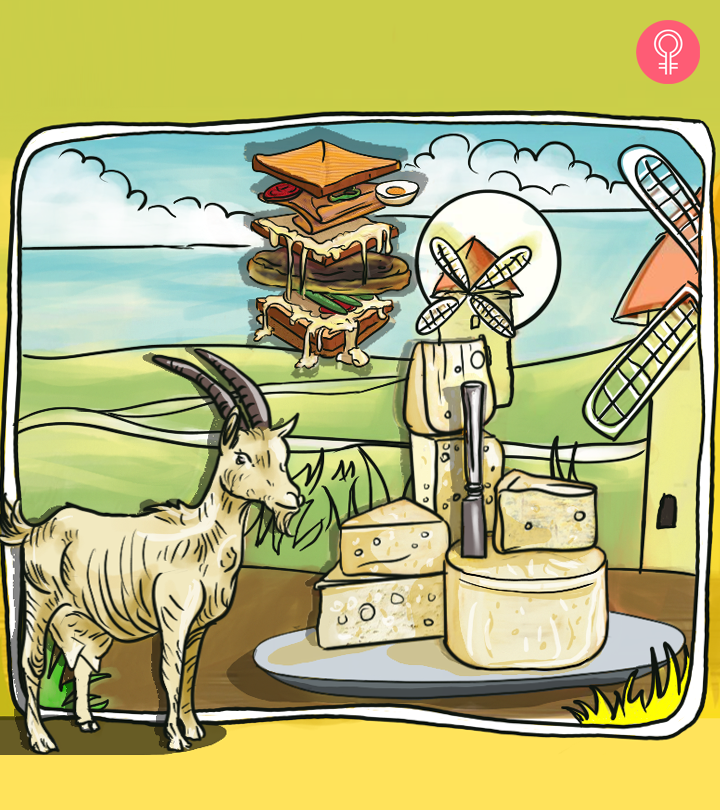






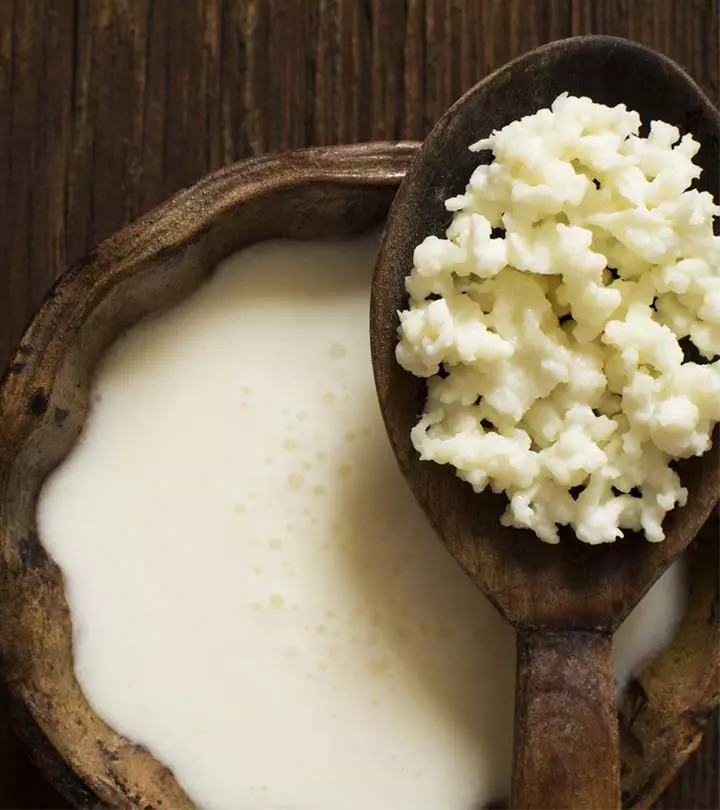


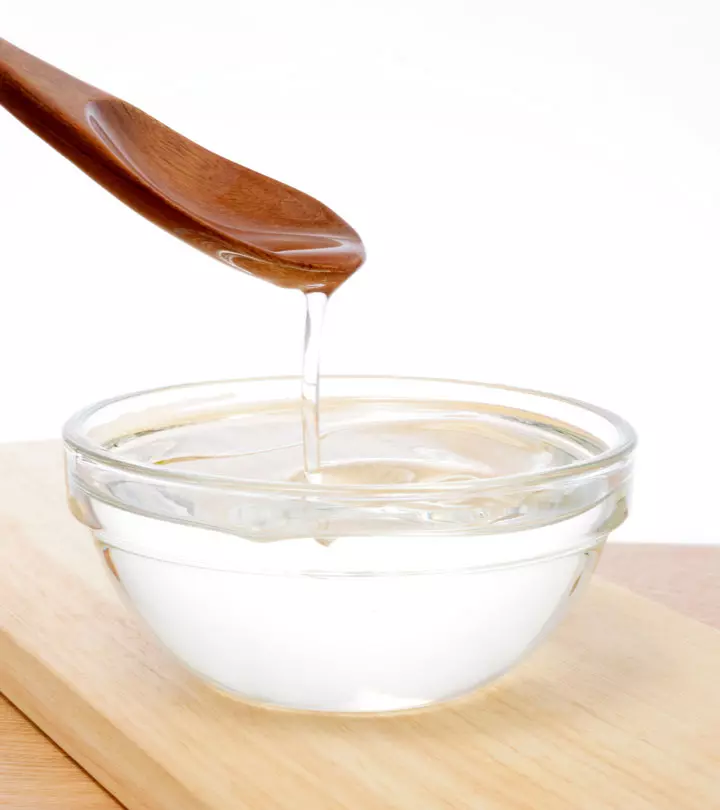





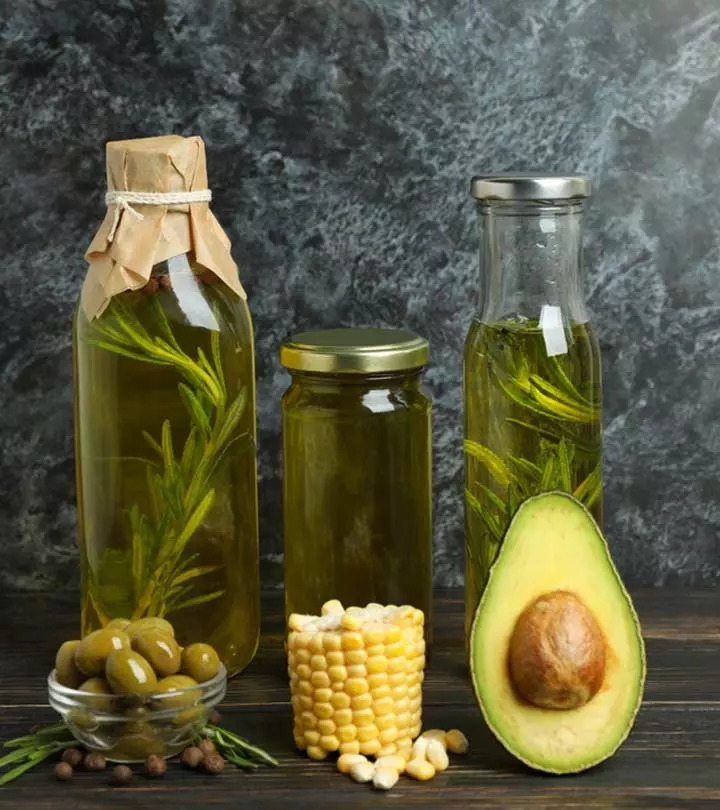
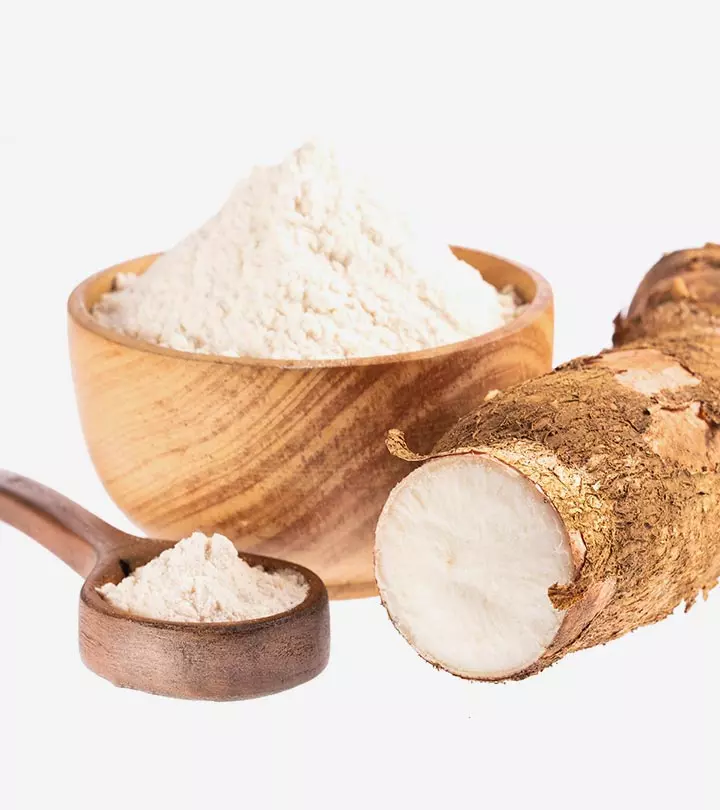



Community Experiences
Join the conversation and become a part of our empowering community! Share your stories, experiences, and insights to connect with other beauty, lifestyle, and health enthusiasts.